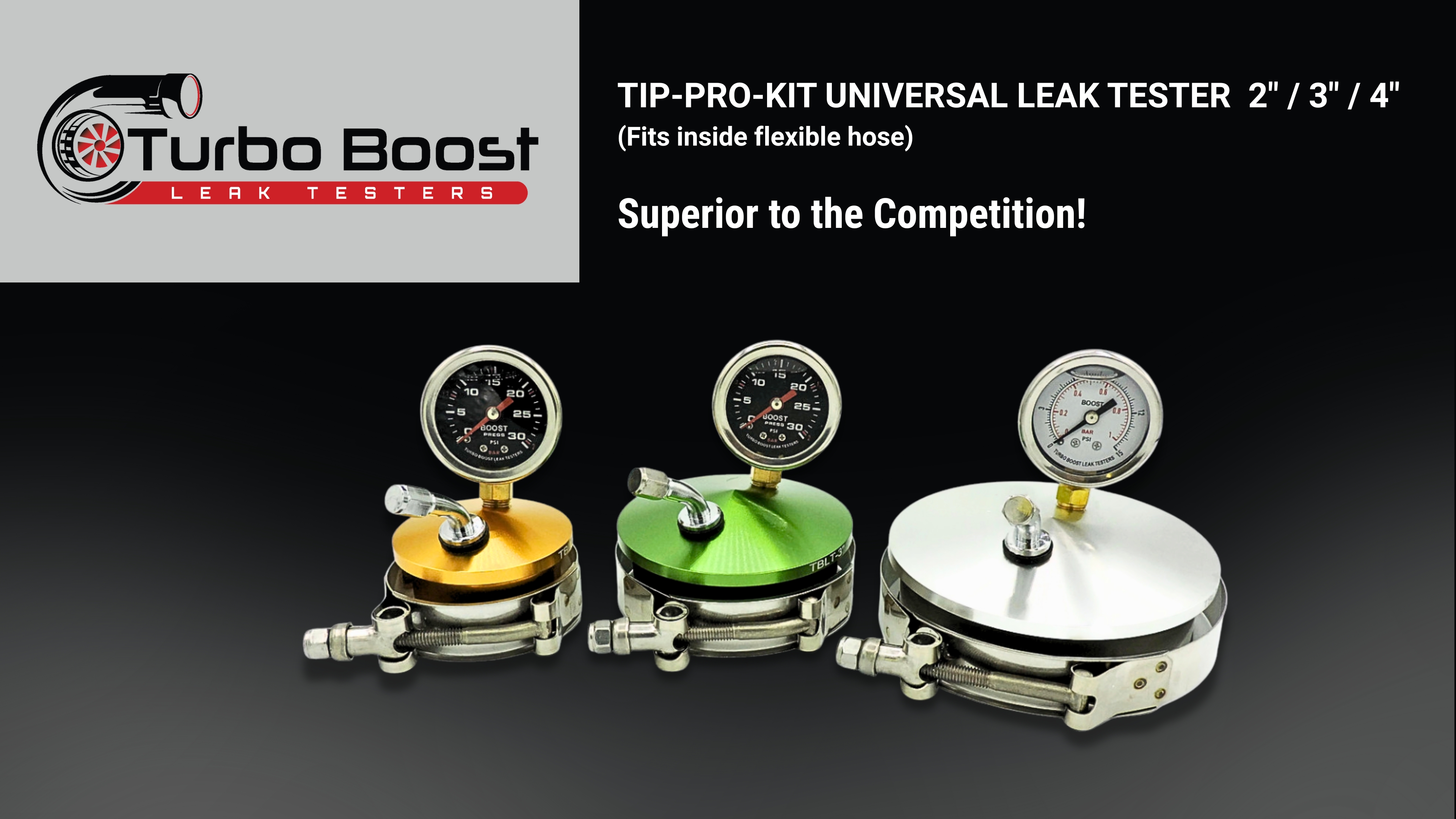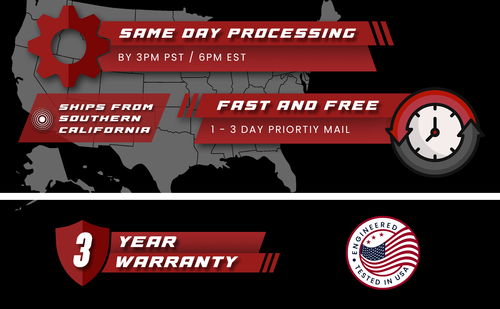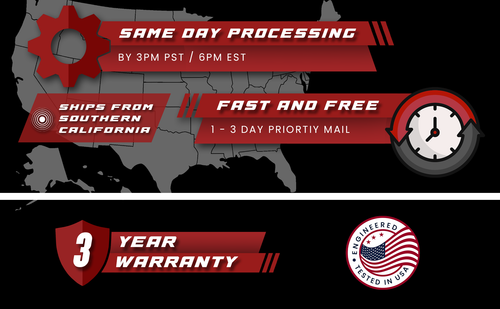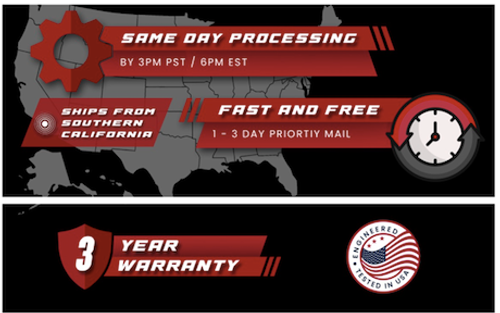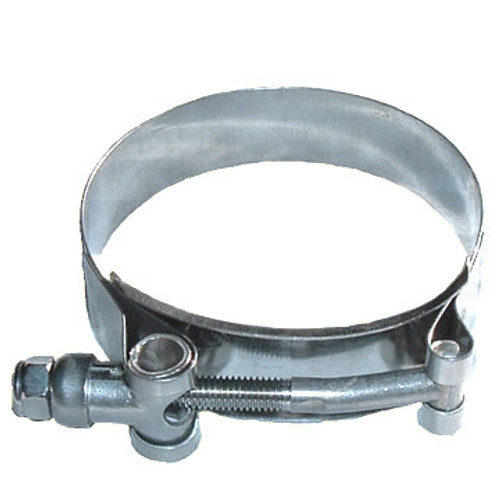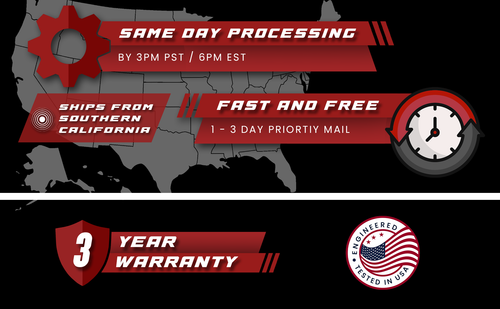



DURAMAX 6.6L Turbo Boost Leak Tester - Fits L5P 2017+ - PREMIUM Billet Aluminum 30 PSI
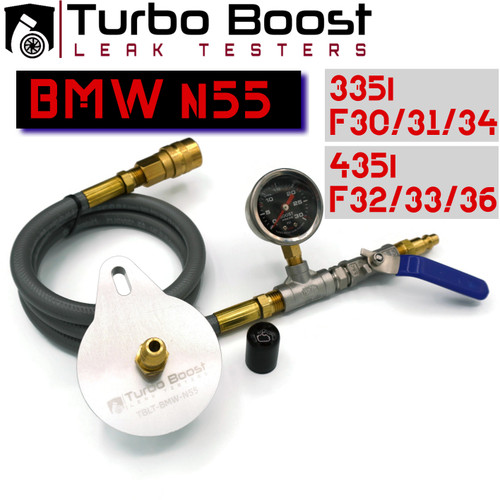



BMW 335 / 435 (N55) F30 F31 F32 F33 F34 - BOOST LEAK TESTER KIT Billet Aluminum

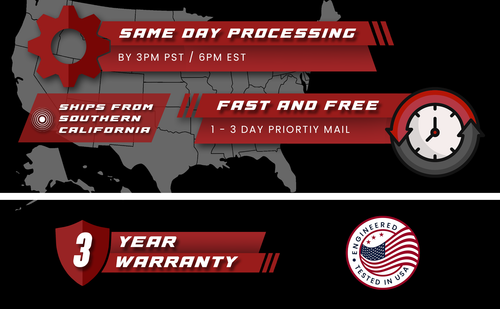






DURAMAX 6.6L Turbo Boost Leak Tester - BILLET ALUM- HIGH BOOST 60 PSI - COMP Fitting M-Type - PRO-Kit 5 ft. Extension Line w/On Off Valve - Fits LB7 / LLY / LBZ / LMM / LML
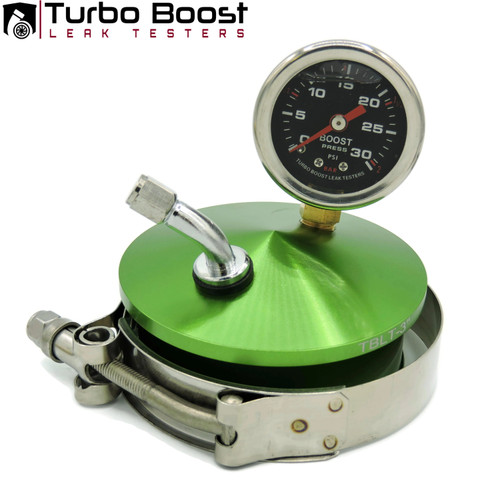



3" Turbo Boost Leak Testers - END CAP - 6061 Billet Aluminum 30PSI T-BOLT -PREMIUM

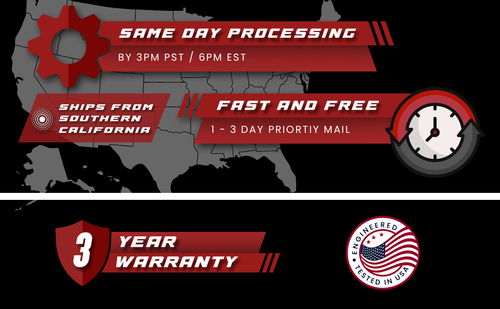


WRX FA20 (2015 +) Boost Leak Tester BILLET Aluminum- For Stock Turbo intake Pipe




Audi A4 2.0T B7 B8 (2004 - 2016) IHI IS20 Turbo - Premium Boost Leak Tester Kit - Billet Aluminum




Current Top Sellers
-




4" Inch - Universal Boost Leak Tester Kit - BILLET Aluminum
MSRP: $74.99Now: $65.00



BMW 335 E90 E91 E92 E93 (N55) 3.0L Single Turbo "Twin Power" - Boost Leak Tester Billet Aluminum
MSRP: $69.00Now: $59.00



Audi S4 2.7T B5 - Billet Aluminum Boost Leak Tester
MSRP: $79.99Now: $75.00SALE







VW & AUDI 1.8T (Fits inside Turbo Intake Pipe)
MSRP: $55.99Now: $49.50



5" Pro-Kit Turbo Boost Leak Tester - Billet 6061 Aluminum
MSRP: $99.99Now: $85.00



Volvo D12 & D13
MSRP: $89.00Now: $69.50



DURAMAX 6.6L Turbo Boost Leak Tester - BILLET ALUM- HIGH BOOST 60 PSI - COMP Fitting M-Type - PRO-Kit 5 ft. Extension Line w/On Off Valve - Fits LB7 / LLY / LBZ / LMM / LML
MSRP: $99.00Now: $95.00New Products
-




Toyota Supra 2JZ-GTE BOOST LEAK TESTER
MSRP:Now: $65.00



MINI Cooper S 2011-2016 (R55-R61) 1.6L N18 Turbo Boost Leak Tester
MSRP: $59.99Now: $55.00SALE





Silicon Coupler - 2.5" - 3.0" inch
MSRP:Now: $7.99



6 inch T-Bolt Clamp
MSRP:Now: $5.99






